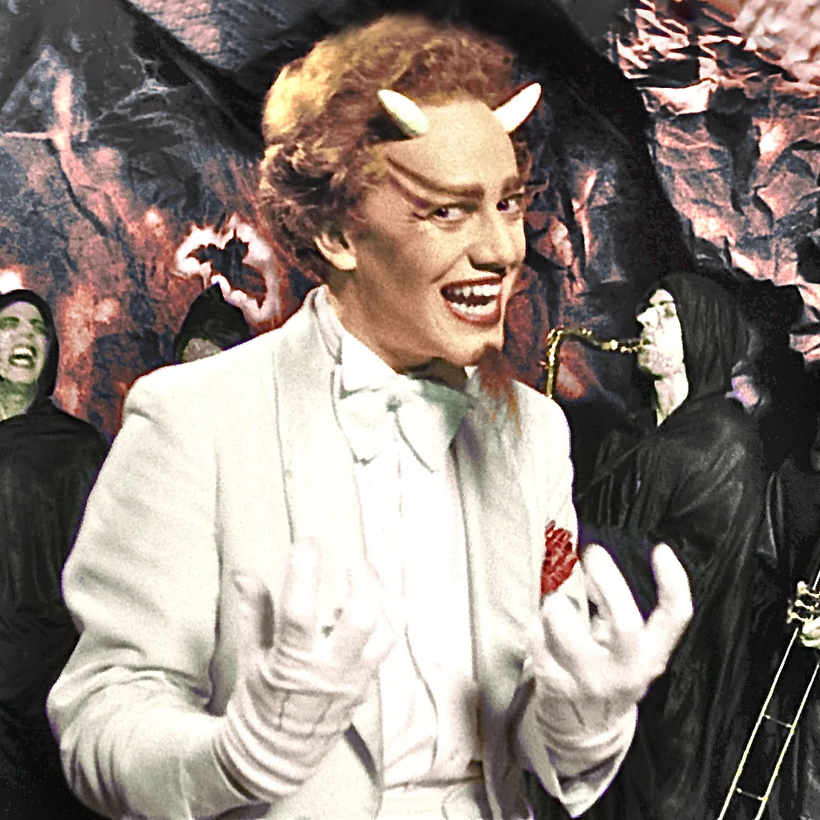Shortly before Halloween in 2017, the renowned film composer Danny Elfman received a video via WhatsApp from Nomi Abadi, a musician he had known for two years.
It showed her seated in front of a piano, playing a song from Corpse Bride, a 2005 animated movie that was scored by Elfman. The film tells the story of a man who is spirited away to the underworld and held captive by a dead woman who prevents him from returning to his beloved in the land of the living.

